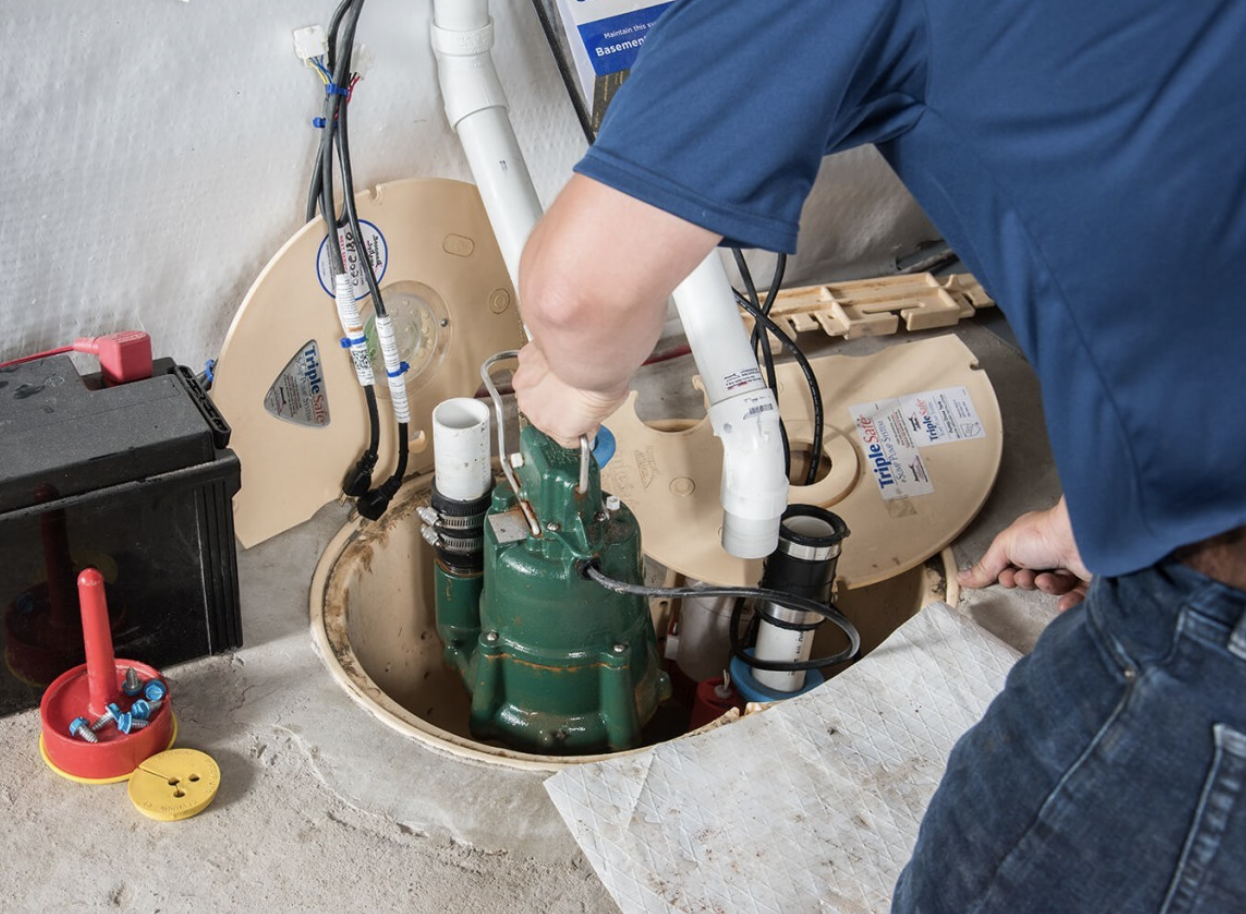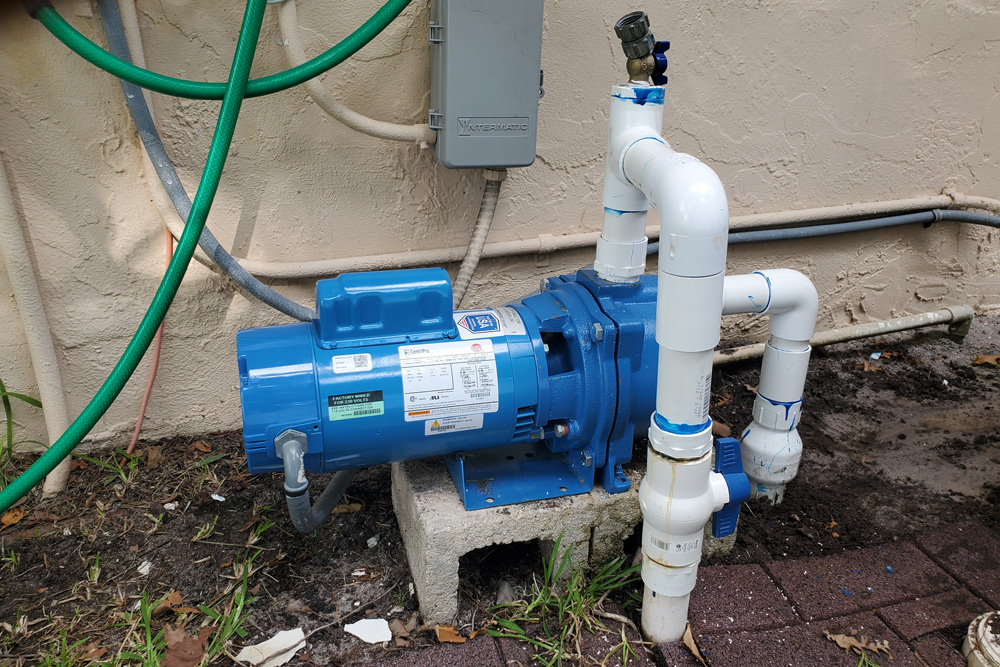Specialist Pump Repairs & Installation Providers: Enhancing Your Water System's Effectiveness
Specialist Pump Repairs & Installation Providers: Enhancing Your Water System's Effectiveness
Blog Article
Understanding the Key Parts of Effective Water Filtering Equipments

Importance of Water Purification Solution
Water filtering systems play a vital duty in making sure accessibility to risk-free and clean alcohol consumption water by effectively removing pollutants and impurities. These systems are vital in attending to the expanding problems over water top quality and the prospective health and wellness threats connected with consuming contaminated water. By making use of different filtering systems such as reverse osmosis, activated carbon, and UV sanitation, water filtration systems can successfully eliminate unsafe compounds like germs, viruses, hefty metals, and chemicals from the water.
Additionally, water filtering systems assist to improve the taste and smell of water by removing chlorine, sediments, and various other contaminants that can affect its top quality. Water Filtration Systems. This enhancement in water high quality not just makes it extra tasty yet also motivates individuals to consume alcohol an ample amount of water daily, advertising better hydration and total wellness
Types of Filtering Elements

Physical filters are developed to literally strain out impurities from the water. These filters can be made from products like ceramic, carbon, or also sand, and they function by capturing particles larger than the filter's pores as water passes with.
Chemical filters utilize different chemical processes to remove contaminants from the water. Examples consist of activated carbon filters, which adsorb contaminations, and turn around osmosis membranes, which make use of pressure to separate impurities from the water.
Organic filters utilize living organisms like algae or bacteria to damage down natural matter and pollutants in the water. These filters are often utilized in wastewater treatment plants or all-natural water filtration systems.
Comprehending the various sorts of purification parts is essential for selecting the most appropriate water filtration system for specific purification needs.
Function of Sediment Filters
Debris filters play a critical role in water filtering systems by efficiently recording solid fragments suspended in the water. These filters are normally the initial line of defense in a purification system, eliminating bigger bits such as sand, silt, dust, and rust before the water moves through finer filtration phases. By trapping these sediments, the filters prevent them from reaching downstream parts, thus expanding the lifespan and performance of the entire system.
Ignoring this maintenance can lead to obstructing, decreased water circulation, and compromised purification effectiveness. Generally, debris filters are essential elements that add substantially to the effectiveness of water purification systems.
Function of Turned On Carbon Filters
Playing a critical role in water filtering systems, activated carbon filters are critical in removing pollutants and impurities from the water. These filters are developed to adsorb and catch a wide range you can look here of contaminants, consisting of chlorine, unstable organic compounds (VOCs), chemicals, and herbicides. The activated carbon product has a huge area, enabling the reliable trapping of pollutants through a process called adsorption. As water travels through the filter, the activated carbon attracts and holds onto the pollutants, making certain that the water that appears beyond is cleaner and safer for usage.
Turned on carbon filters are highly reliable at boosting the taste and odor of water by minimizing chemicals that can affect its top quality. They are also qualified of removing specific heavy metals like lead and mercury. In addition, these filters can help prevent the accumulation of microorganisms and algae in water, further boosting its total high quality. Due to their versatility and integrity, triggered carbon filters are a key element in making certain that water is you could check here detoxified to the greatest requirements before getting to customers.
Recognizing Reverse Osmosis Equipments
Reverse osmosis systems are advanced water filtration systems that use an innovative process to get rid of contaminants and pollutants from drinking water. These systems function by using stress to the water, requiring it with a semi-permeable membrane. This membrane layer functions as a barrier, allowing only distilled water particles to go through, while obstructing bigger molecules such as minerals, chemicals, and various other impurities. Consequently, the water that appears beyond is substantially cleaner and more secure for consumption.
In addition, reverse osmosis systems are fairly low-maintenance and can be mounted under the sink or in a main purification system, giving practical access to tidy water throughout the house. Overall, comprehending just how reverse osmosis systems work can aid individuals make notified choices regarding their water filtration demands.
Conclusion
In conclusion, efficient water purification systems are important for making certain risk-free and tidy alcohol consumption water. By understanding the feature and function of each component, individuals can make educated decisions when choosing a water filtration system.
Water purification systems play a critical function in ensuring access to secure and clean drinking water by successfully getting rid of pollutants and impurities. By using different look here filtering devices such as reverse osmosis, turned on carbon, and UV sanitation, water filtering systems can effectively eliminate dangerous substances like germs, infections, hefty steels, and chemicals from the water supply.
Debris filters play a critical role in water filtration systems by successfully capturing solid bits put on hold in the water (Water Softeners).Playing a critical duty in water purification systems, activated carbon filters are important in eliminating pollutants and pollutants from the water supply.Reverse osmosis systems are innovative water filtration systems that employ a sophisticated process to remove contaminants and impurities from alcohol consumption water
Report this page